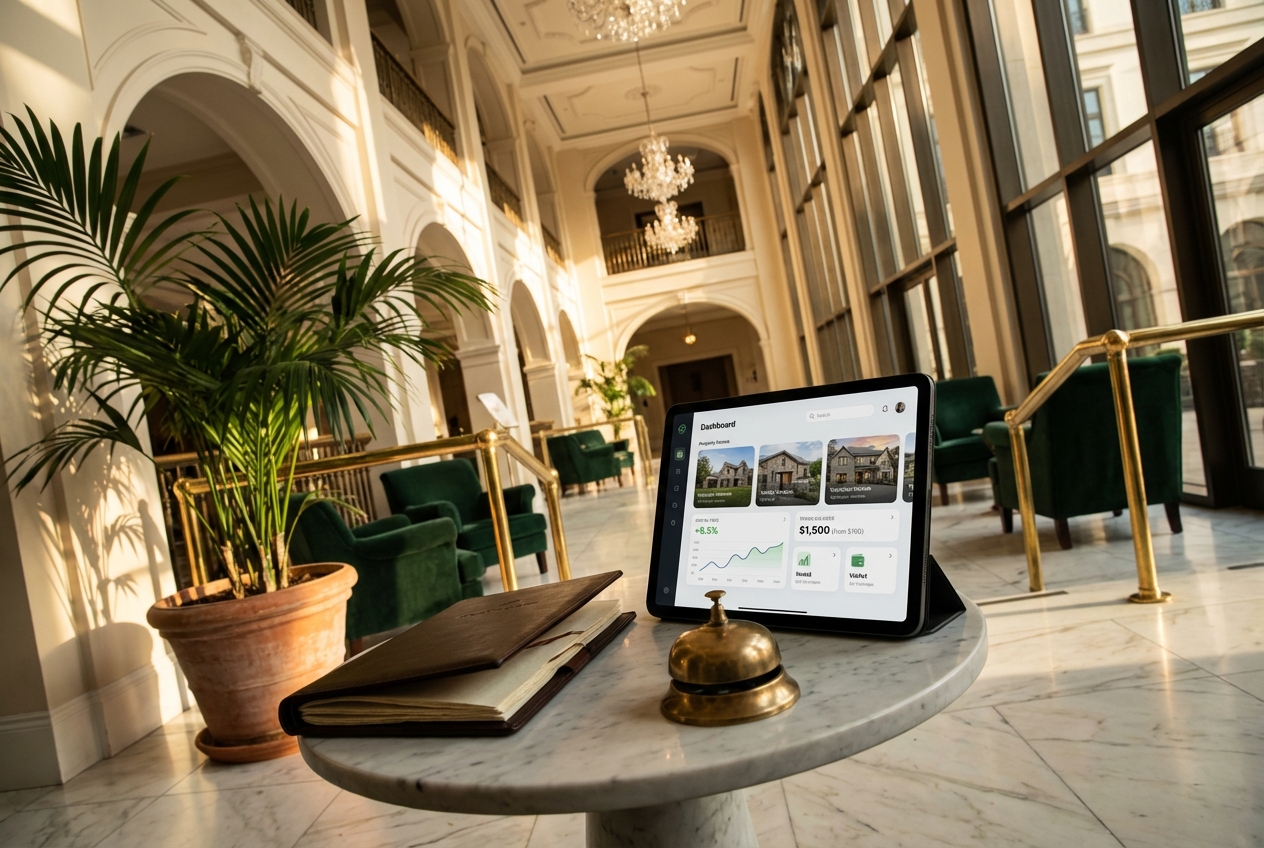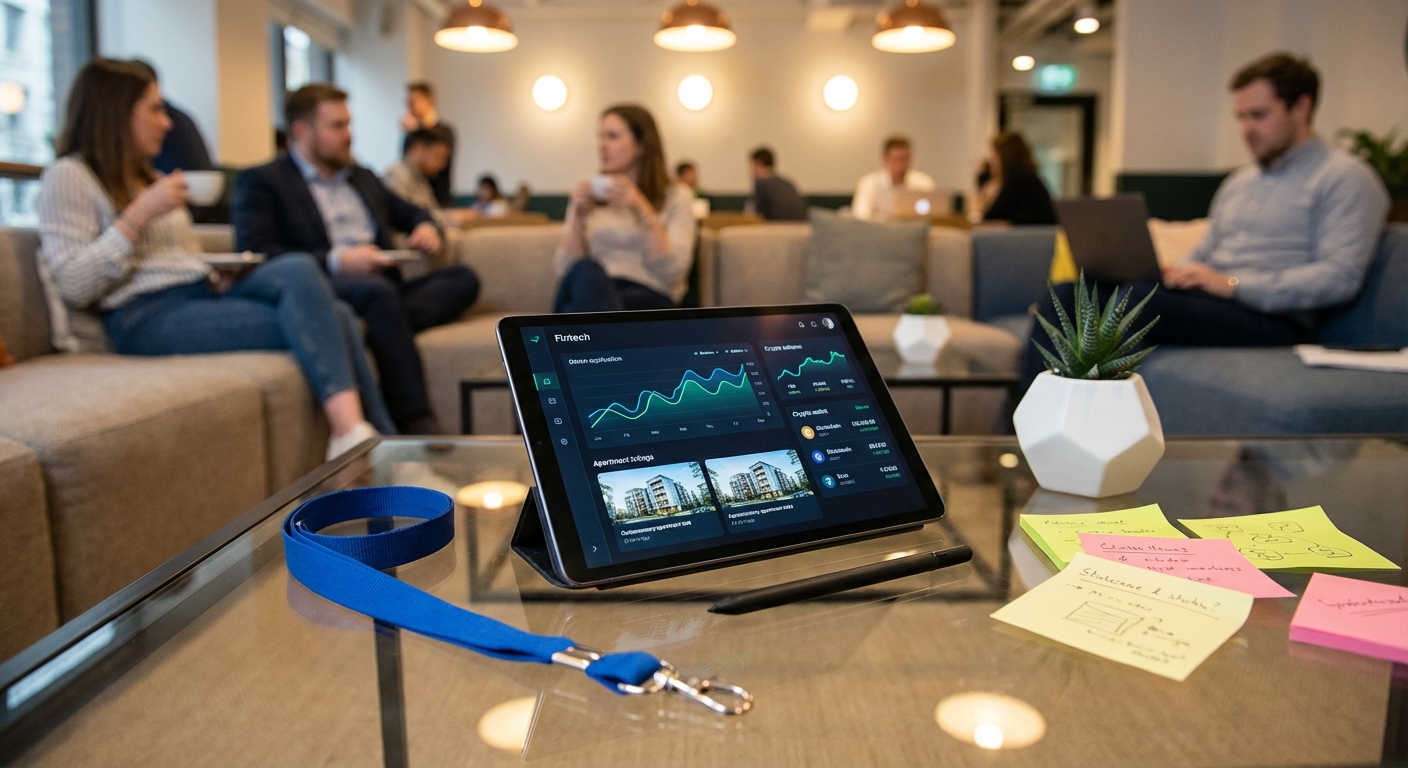How Tokenization is Making Global Real Estate Accessible to Small Investors
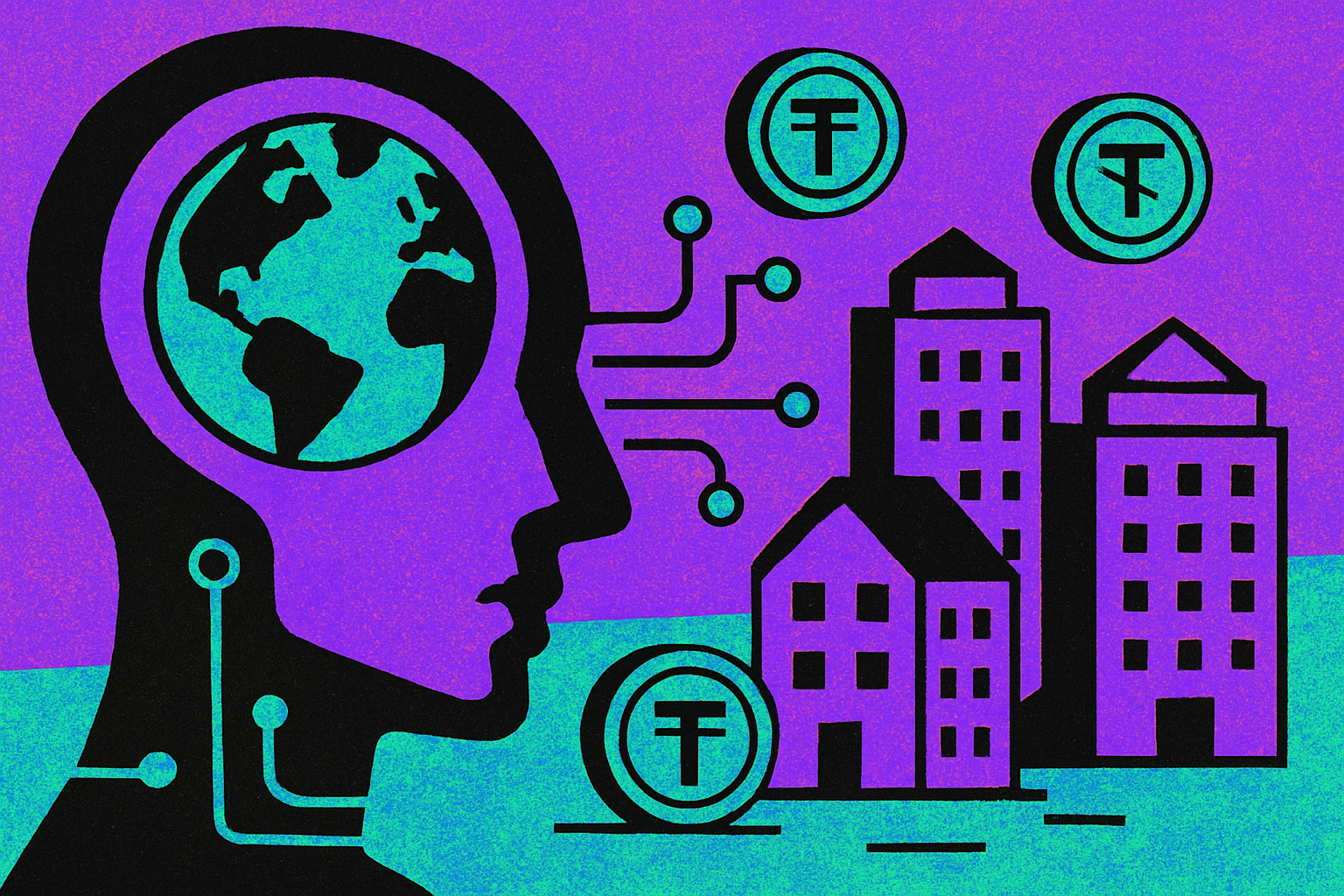
Historically, global real estate investment has been the domain of institutional players and high-net-worth individuals. The capital requirements, legal complexity, and illiquidity of property assets have long excluded small investors from participating in lucrative property markets. Today, real estate tokenization is rapidly changing this landscape by leveraging blockchain technology to break down these barriers and democratize access at scale.
![]()
Fractional Property Ownership: Lowering the Barrier to Entry
The core innovation behind real estate tokenization is fractional property ownership. By digitally representing physical assets as tokens on a blockchain, properties can be divided into thousands of affordable shares. Investors can now own a slice of premium real estate for as little as $50, mirroring the way stock markets allow anyone to buy fractions of a company. This model is already live on platforms like Lofty AI and RealT, where users can purchase fractional tokens linked to vetted rental properties and receive daily rental income distributions.
This shift is more than just technical – it’s fundamentally altering who gets to participate in global property investment. Small investors can diversify across multiple geographies and asset types without needing millions in capital or complex cross-border legal structures. For a deeper dive into how fractional tokenization is reshaping accessibility, see this guide.
“Tokenized real estate enables broad ownership by many small investors through digital fractional ownership and low entry barriers. ” – ScienceDirect. com
Enhanced Liquidity: Trading Real Estate Like Stocks
Traditional real estate has always suffered from illiquidity – selling a property often takes months or even years, with layers of intermediaries and paperwork. Tokenization solves this by turning property shares into digital assets that can be traded instantly on secondary markets. Platforms such as RealT have pioneered internal marketplaces where users can resell their tokens in seconds rather than months.
This new liquidity dynamic opens up entirely new strategies for portfolio management. Investors can rebalance their holdings quickly in response to market movements or personal financial needs, much like they would with stocks or ETFs. As highlighted by TokenREITs.com, this ease of entry and exit marks a seismic shift for both retail and institutional players.
Global Reach: Accessing Markets Without Borders
The digitization of property assets through tokenization extends far beyond local markets. Investors from anywhere in the world can now participate in high-value real estate opportunities previously limited by geography or jurisdictional red tape. Whether it’s luxury apartments in New York, commercial spaces in London, or beachfront villas in Dubai, tokenized platforms like Propy and Maticz are opening access with minimal friction.
This global reach not only allows for better diversification but also brings new capital inflows into previously underfunded markets. For those interested in the mechanics behind cross-border blockchain-enabled investing, explore this resource on fractional ownership across borders.
Security and transparency are foundational to the blockchain infrastructure underpinning tokenized real estate. Each transaction, from token issuance to secondary market trades, is immutably recorded on-chain. This ensures that property rights, ownership history, and rental income distributions are fully auditable by all parties. Smart contracts automate critical processes such as transferring ownership or distributing rental yields, reducing the risk of human error and eliminating costly intermediaries.
For small investors, this means a level of trust and visibility previously unavailable in opaque real estate markets. The decentralized ledger makes it nearly impossible to falsify records or manipulate ownership claims. As a result, both compliance and investor protection are enhanced, an essential consideration for those entering global property markets via digital assets.
Regulatory Landscape: Navigating Compliance in Multiple Jurisdictions
Despite its promise, real estate tokenization faces a complex regulatory environment. Laws governing property rights, securities offerings, and cross-border transactions vary widely between countries. Some jurisdictions have embraced innovation with clear guidelines for security tokens; others remain ambiguous or outright restrictive. For example, while U. S. -based platforms must comply with SEC regulations for security tokens, regions like India are still developing their frameworks for digital property assets.
Investors should thoroughly research the legal status of tokenized real estate in their target markets and work with platforms that prioritize compliance. Due diligence on licensing, KYC/AML procedures, and smart contract audits is essential to mitigate risks. For more practical insights on navigating these regulatory waters as a small investor, see this analysis.
The Road Ahead: Opportunities and Challenges for Small Investors
The trajectory of fractional property ownership points toward greater inclusion in global real estate investment. As tokenization technology matures and regulatory clarity improves, we can expect even more sophisticated products, such as index funds of tokenized properties or DeFi lending against property tokens, to emerge. This will further lower entry barriers and enable dynamic portfolio strategies previously reserved for institutional players.
However, challenges remain: platform security must keep pace with evolving cyber threats; secondary market liquidity depends on robust user adoption; and ongoing education is needed to help new investors understand the nuances of blockchain real estate investment.
“Tokenization is not just about digitizing assets, it’s about fundamentally reimagining who gets access to wealth-building opportunities in real estate. ”
Top Global Cities Now Accessible via Tokenized Real Estate
-
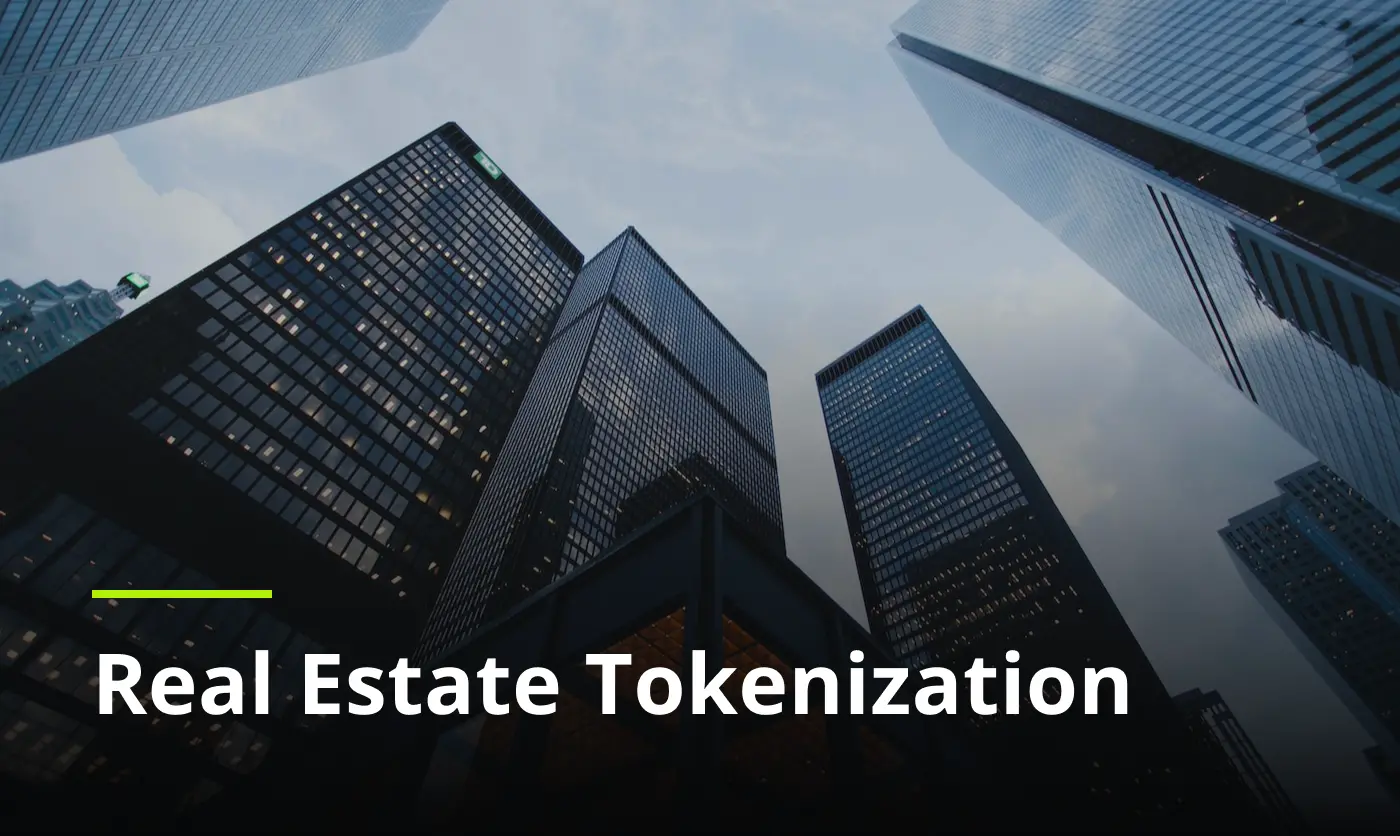
London, UK – Tokenization platforms such as Brickblock and Propy offer fractional ownership opportunities in London’s high-value residential and commercial properties, opening the city’s market to global participants.
-

Dubai, UAE – SmartCrowd and Maticz enable fractional investment in Dubai’s luxury apartments and commercial spaces, allowing international investors to access the city’s dynamic property sector.
-

Miami, USA – Platforms like RealT provide fractional tokens for Miami rental properties, enabling investors to benefit from the city’s robust rental market and daily rental income distributions.
-
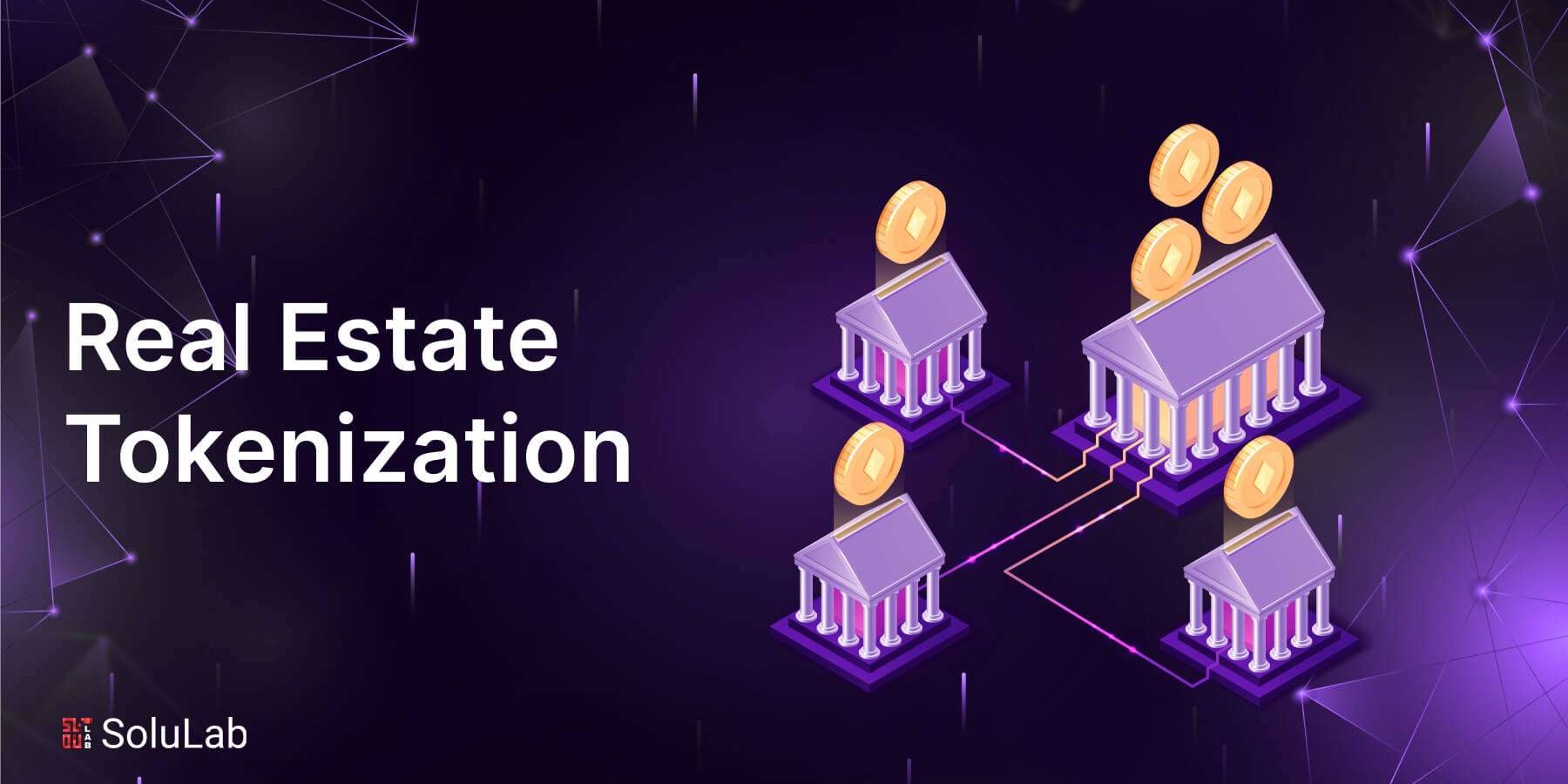
Berlin, Germany – Brickblock facilitates tokenized investment in Berlin’s residential and commercial properties, making this vibrant European capital accessible to small-scale investors globally.
The momentum behind tokenized real estate is unmistakable. With fractional shares starting at $50 on some platforms and instant liquidity mechanisms already live, small investors are no longer spectators, they’re active participants shaping the future of global property markets.





